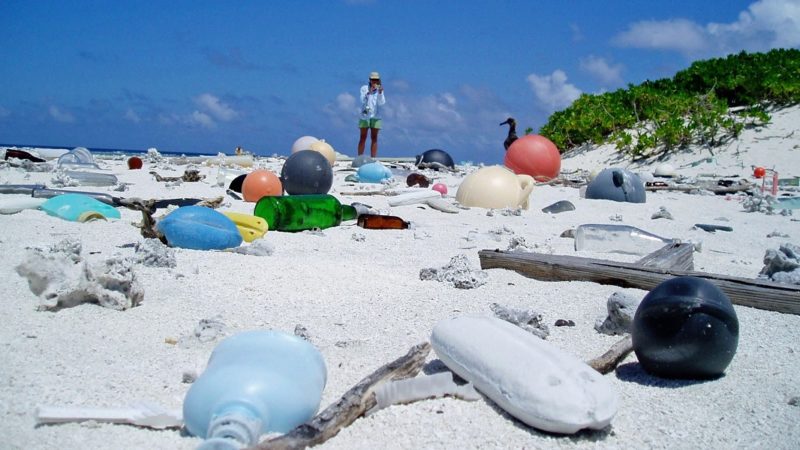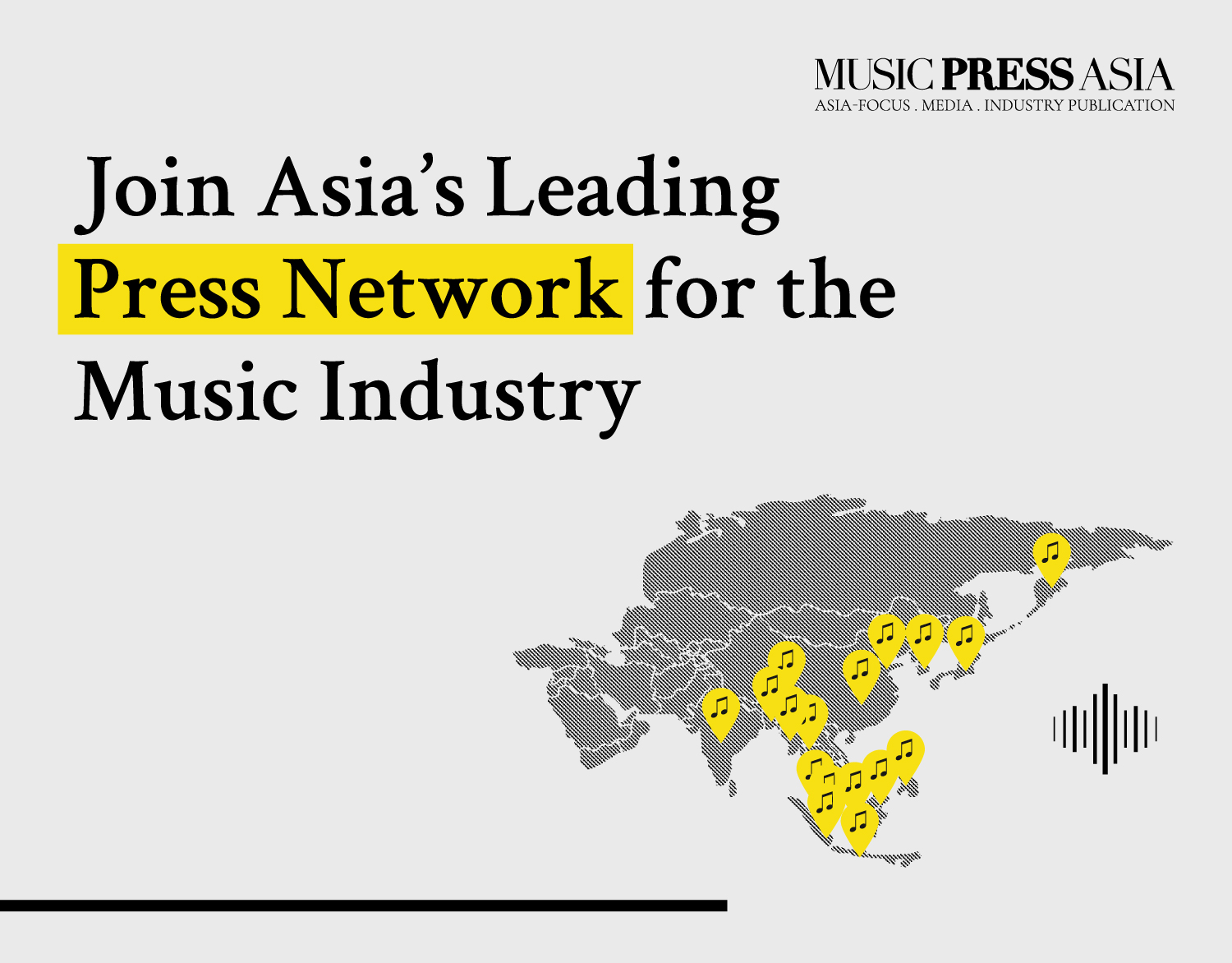Japan Leads Global Initiative For Ocean-Friendly Plastic
Tokyo teams up with G-20 and Africa to advocate biodegradable material.
Tokyo teams up with G-20 and Africa to advocate biodegradable material.

Plastic production has increased 20-fold over the last 50 years, and is expected to double again in the next 20 years. Photo courtesy of the US National Oceanic and Atmospheric Administration.
Japan is looking to work with the private sector to enhance technologies in biodegradable plastic in part to save and protect the oceans. Tokyo is now pushing for more efforts both domestically and internationally - a proposal that forms part of a campaign to rid the sea of plastic waste, and the overall plan will be presented today to cabinet members at the office of Prime Minister Shinzo Abe.
According to the United Nations, about 300 million tons of plastic waste are produced every year. And estimated that tons of such waste (between 8 — 12 million tons) end up in the oceans each year.
In part of the G-20 gathering taking place in Osaka next month, Japan wants to highlight the increasing level of ocean plastic pollution. A plan that would call for a public-private partnership to treat and develop plastic material that would eventually decrease the ocean’s pollution level. Proposals include developing fishing gears, given that fishing nets make up 46 percent of the so called Great Pacific Garbage Patch, that would cause less damage or harmful to the ocean’s wildlife.
According to the 2016 report by the World Economic Forum and the Ellen MacArthur Foundation, predicted that if we continue to produce plastics at current rates, and continue to fail to dispose of them properly, by 2050, there will be more plastic in the ocean than fish. Plastic production has increased 20-fold over the last 50 years, and is expected to double again in the next 20 years.
Ellen MacArthur Foundation has recently launched The New Plastics Economy, an initiative that will change the future of plastic waste management; a system that will ‘rethink and redesign the future of plastics’.
The Japanese government also intends to share the plastics plan with attendees of the Tokyo International Conference of African Development come August in Yokohama.
This plan is in part with Tokyo’s goal to recycle all plastic bottles. And works are now in progress to install recycling boxes next to vending machines and increase the frequency of waste collection. Other plans include subsidizing efforts that would hopefully see municipalities and other environment groups join the initiative.
Japan also has plans to help emerging nations develop legal frameworks and train leaders in South-east Asia to push for better solutions to tackle plastic pollution. Today, Japan recycles more plastic bottles than the U.S. or Europe, and efforts will be reinforced nationwide.













